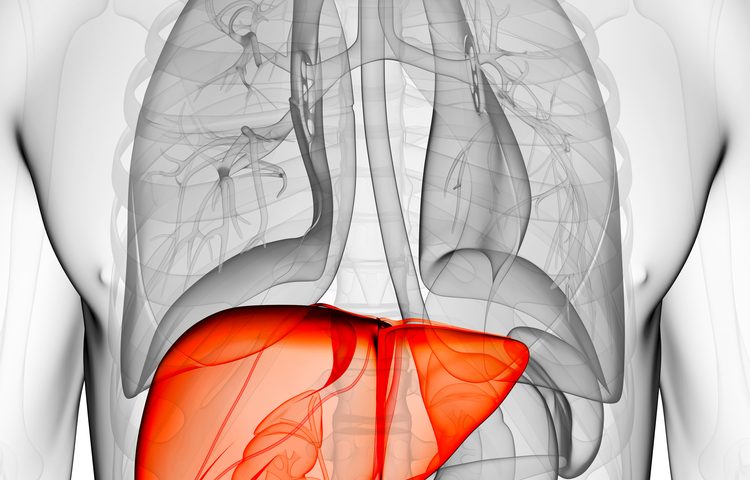Researchers at the Aarhus University Hospital, Denmark, and colleagues reported in a recent study that patients with liver cirrhosis and epilepsy have a higher mortality rate because they have a greater risk for hepatic encephalopathy.
The study, “Epilepsy as a risk factor for hepatic encephalopathy in patients with cirrhosis: a cohort study,” published in BMC Gastroenterology, could lead to improvements in the management of cirrhosis patients with epilepsy in order to improve patient outcomes.
Epilepsy affects approximately 3 percent of patients with liver cirrhosis.
Hepatic encephalopathy, characterized by personality changes, intellectual impairment, and a depressed level of consciousness, is a syndrome of neuropsychiatric abnormalities commonly observed in patients with cirrhosis. Subtle signs of the condition show in about 70 percent of cirrhosis patients. It is the hallmark of acute liver failure; at end stage of cirrhosis, hepatic encephalopathy precedes coma.
Given that epileptic patients with liver cirrhosis have a 15 percent risk of developing hepatic encephalopathy within one year, the researchers hypothesized that increased mortality rates are indeed associated with risk of hepatic encephalopathy.
The investigators examined data from three randomized, placebo-controlled trials for Aquilda (satavaptan) in ascites (accumulation of fluid in the abdominal cavity) treatment in nearly 1,200 patients with cirrhosis who were followed for one year. The researchers assessed which patients had hepatic encephalopathy during follow-up.
Among those patients, 21 were diagnosed with epilepsy, accounting for 1.9 percent of the analyzed population. Although the patients had better liver function at the beginning of the study than those without epilepsy, a third of epileptic patients experienced an hepatic encephalopathy episode during follow-up.
After adjusting for gender, age, cirrhosis etiology (causes), diabetes, and history of hepatic encephalopathy, and other confounding factors, they revealed that cirrhosis patients with epilepsy had a 2.12-times increased risk for experiencing an hepatic encephalopathy event.
Importantly, the risk increased when the researchers accounted only for more severe cases of hepatic encephalopathy (grade 2-4 on a 1-5 scale of severity). Epileptic patients with cirrhosis had a 3.83 higher risk of having a grade 2-4 hepatic encephalopathy event compared to other cirrhosis patients.
The study authors concluded: “In these data from three worldwide randomized trials in cirrhosis patients with ascites, epilepsy seemed to cause an increased risk of HE. This finding may help us understand the pathogenesis of HE (hepatic encephalopathy) and improve our clinical management of patients with cirrhosis and epilepsy.”


